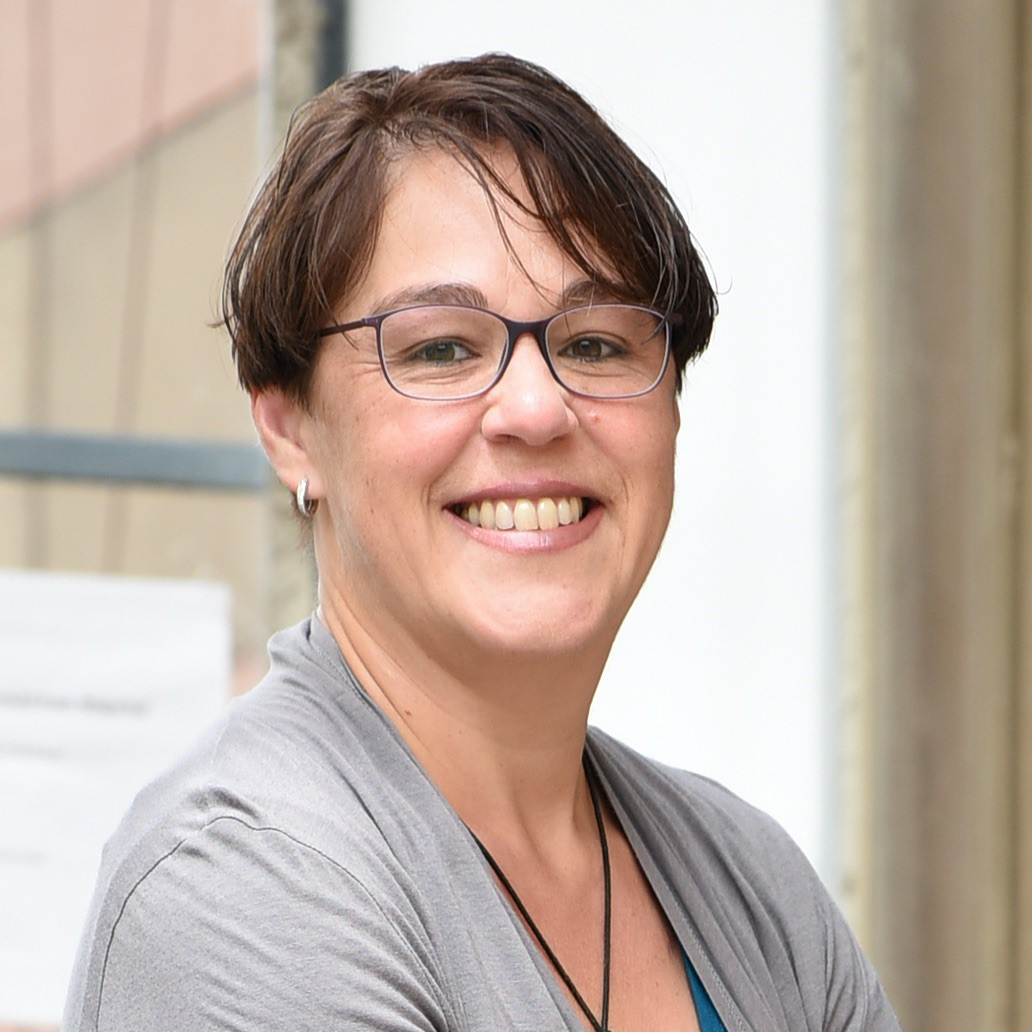Societal crises act like magnifying glasses that reveal and often exacerbate existing inequalities. By triggering social closure tendencies and restrictions on valid rights, they belie narratives of togetherness, unity and leveling globalization. The motto of the European Union „unity in diversity” is among the examples that have increasingly lost their credibility within a short period of time due to crises such as the 2015 refugee flows, the ongoing Corona pandemic and the current war in Ukraine. The talk focuses on the role of unequal citizenships and the regulation of social mobility in the context of such crises in order to show how the political economy of cultural differences bound up with a narrative of Europeanness and whiteness, which dominated the discourses and policies in all of these instances, is re-invigorating nationalism and thus boosting deglobalization and de-Europeanization tendencies.
Polish
Nierówni obywatele: między zasadą solidarności a ograniczeniami dla mobilności społecznej
Kryzysy społeczne działają jak szkła powiększające – pozwalają wyraźnie zobaczyć istniejące nierówności. Często też je wzmagają. Uruchamiają skłonności do społecznego odgradzania i ograniczenia wobec ustalonych już wcześniej praw. To z kolei, osłabia narracje wspólnotowe, solidarności i globalizacji obejmującej wszystkich ludzi. Na przykład, motto Unii Europejskiej 'Jedność w wielości’ stopniowo, choć w krótkim czasie, straciło pod wpływem kryzysów swoją wiarygodność – najpierw w czasie napływu uchodźców w 2015 roku, potem pandemii Covid 19, wreszcie wojny w Ukrainie. Mój wykład skupia się na roli nierówności w dostępie do praw obywatelskich i ograniczeń dla mobilności społecznej w czasie takich kryzysów. Moim celem jest pokazać, jak polityczna ekonomia różnic kulturowych – związana z narracją 'europejskości’ i 'białości’, która zdominowała dyskursy i polityki we wszystkich tych kryzysowych sytuacjach – sprzyja nacjonalizmowi i wzmacnia tendencje deglobalizacyjne i antyeuropejskie.
Manuela Boatcă
Manuela Boatcăis Professor of Sociology and Head of School of the Global Studies Programme at the University of Freiburg, Germany. She has a degree in English and German languages and literatures and a PhD in sociology. She was Visiting Professor at IUPERJ, Rio de Janeiro in 2007/08 and Professor of Sociology of Global Inequalities at the Latin American Institute of the Freie Universität Berlin from 2012 to 2015. She has published widely on world-systems analysis, decolonial perspectives on global inequalities, gender and citizenship in modernity/coloniality, and the geopolitics of knowledge in Eastern Europe, Latin America, and the Caribbean. In 2018 she was awarded an ACLS collaborative fellowship alongside literary scholar Anca Parvulescu (Washington University in St. Louis, USA), for a comparative project on inter-imperiality in Transylvania. The resulting co-authored book, titled “Creolizing the Modern. Transylvania Across Empires” is forthcoming in English, German, and Romanian in 2022.
Polish
Manuela Boatcă jest profesorką socjologii i dyrektorką Szkoły Studiów Globalnych na Universität Freiburg w Niemczech. Z wykształcenia jest anglistką, germanistką i doktorem socjologii. W 2007/08 była wizytującym profesorem w IUPERJ, Rio de Janeiro, a od 2012 do 2015 – profesorem socjologii w Instytucie Globalnych Nierówności w Universität Berlin. Jej publikacje obejmują prace z zakresu analizy systemów-światów, globalnych nierówności z perspektywy dekolonialnej, płci i obywatelstwa w epoce nowoczesnej/kolonialnej, a także geopolityki wiedzy o Europie Wschodniej, Ameryce Łacińskiej and Karaibach. W 2018 roku, wspólnie z literaturoznawczynią Anca Parvulescu (Washington University w St. Louis, USA) otrzymała grant badawczy, którego owocem będzie książka „Creolizing the Modern. Transylvania Across Empires”. Ukaże się ona po angielsku, niemiecku i rumuńsku w 2022 roku.

